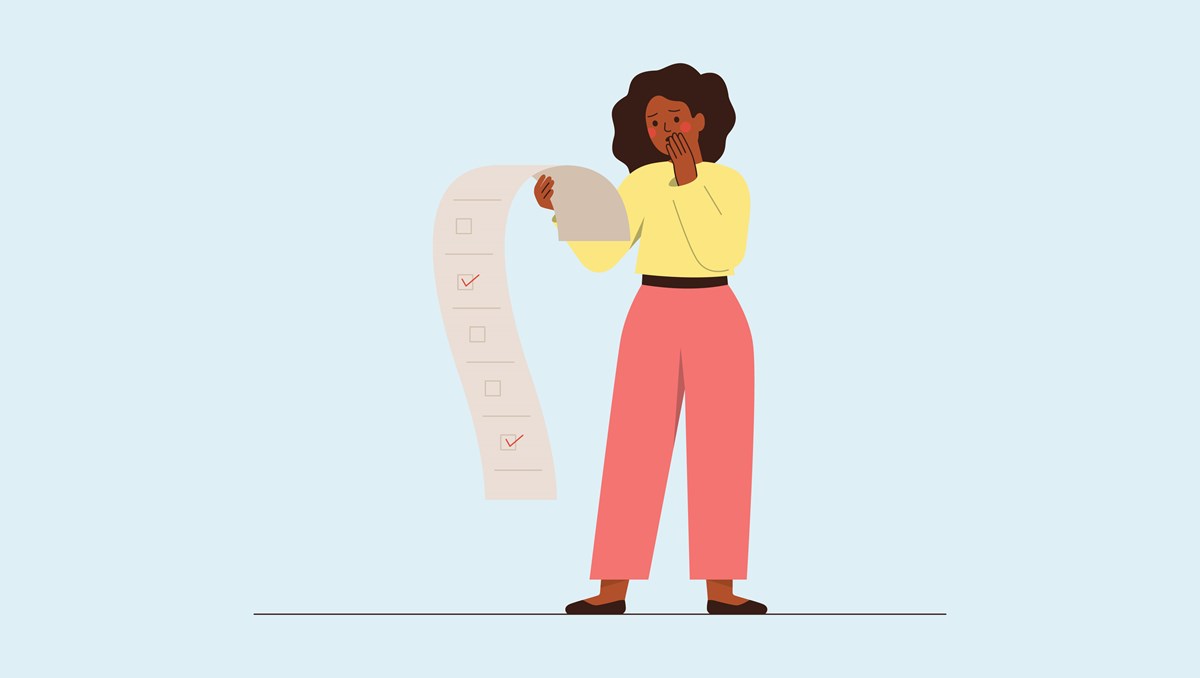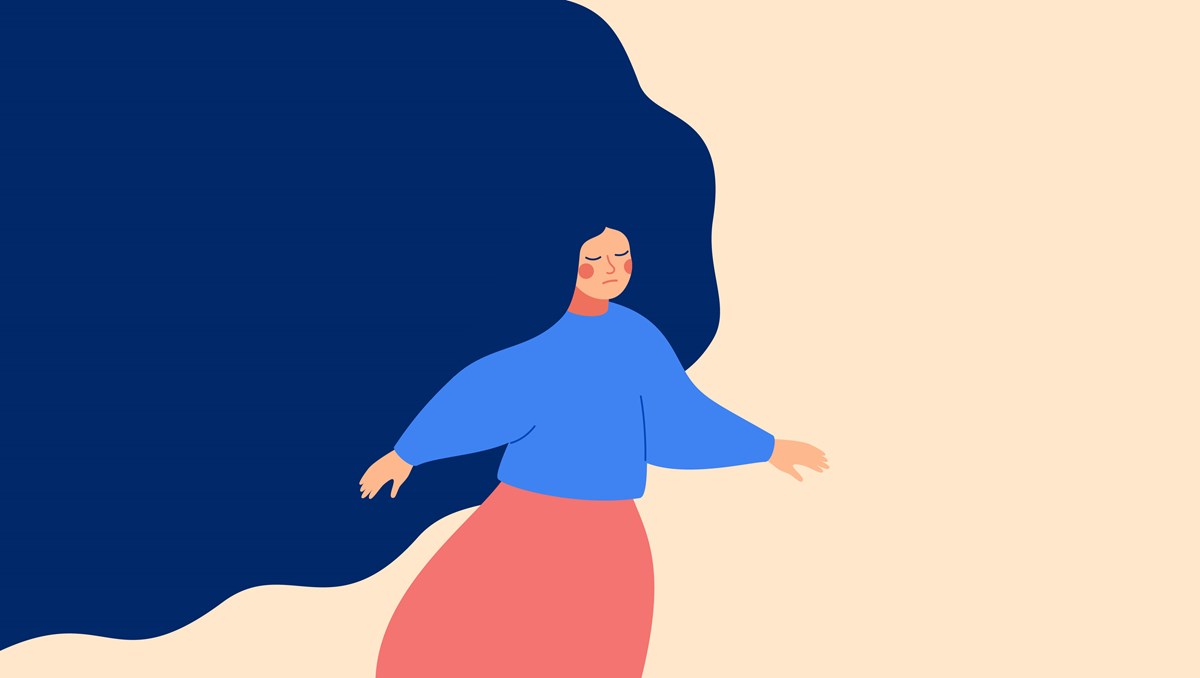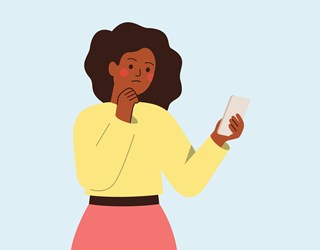Budgeting tips
Find out how to put together a personal budget to make the most of your money and avoid getting into debt.
Guides / 3 mins read

With an accurate budget, you'll be able to cut out unnecessary expenses and save money, or stop running up big debts. If you already have debt problems, a budget will show you how much spare cash you have. This will help when you talk to anyone you owe money to.
Working out your personal budget
A budget planner has headings for different kinds of income and spending, under which you can enter your own figures. You'll find several budget calculators on the internet; choose the one that suits you best.
You could try using the Money Helper Budget Planner
Outgoings
Start by working out what you spend: check recent bank statements and bills for gas, electricity, telephone, Council Tax, water rates, insurance and similar expenses.
Don't forget to include anything you pay by standing order or direct debit (such as mortgage or rent payments, loan/hire-purchase repayments or child maintenance).
The next step is to estimate what you spend on everyday items (e.g. food, clothes, petrol, pet food and newspapers).
Finally, include estimated amounts for unexpected and occasional costs (such as Christmas and birthday presents, car and household repairs, dentist and optician bills, or holidays and outings).
Work out the total outgoings for a full year, and divide by 52 or 12 to get a figure for each week or month.
Income
Next list all of your income:
- check your payslips to get an accurate figure for wages
- look at statements for benefits, Child Tax Credit and similar income
- include rent from lodgers or contributions from other people
You should average out any irregular income and ignore one-off or uncertain amounts.
Work out your total income for a week or a month, then take away the expenditure to work out whether you have any spare money or whether you're over-committed.

If you have a shortfall
If your expenditure is higher than your income, you will have to prioritise your spending and cut back on commitments you can't afford. Make sure you can cover your essential household bills and housekeeping first.
Think about:
- shopping around (especially for ongoing commitments such as gas, electric and telephone costs)
- cutting everything down to the bare essentials in the short term; and
- dealing with debts immediately – it is very important to pay your priority debts first and then deal with unsecured credit debts
At the same time, it's important to make sure you're getting as much income as possible:
- find out if you can get additional benefits or tax credits
- make sure that everyone who lives with you and earns money is paying their share
When you have money to spare
Budgeting is all about making sure that you have money left over after paying all your bills. You may want to think about putting spare money into a savings account to pay for unexpected expenses, or towards a major expense (such as a holiday or a new car).
Shop around before choosing a savings or investment product to make sure you're getting the best deal.
Keeping track of your budget
A budget is only an estimate of what your income might be, and what you're likely to spend. It's important to keep track of your actual income and expenses to make sure your budget is accurate.
Discover
Don’t wait for a crisis to call.
We’ll offer you immediate, emotional support.
08000 562 561

Sign up to our newsletter for the latest mental heath and wellbeing resources, news and events straight to your inbox.





















